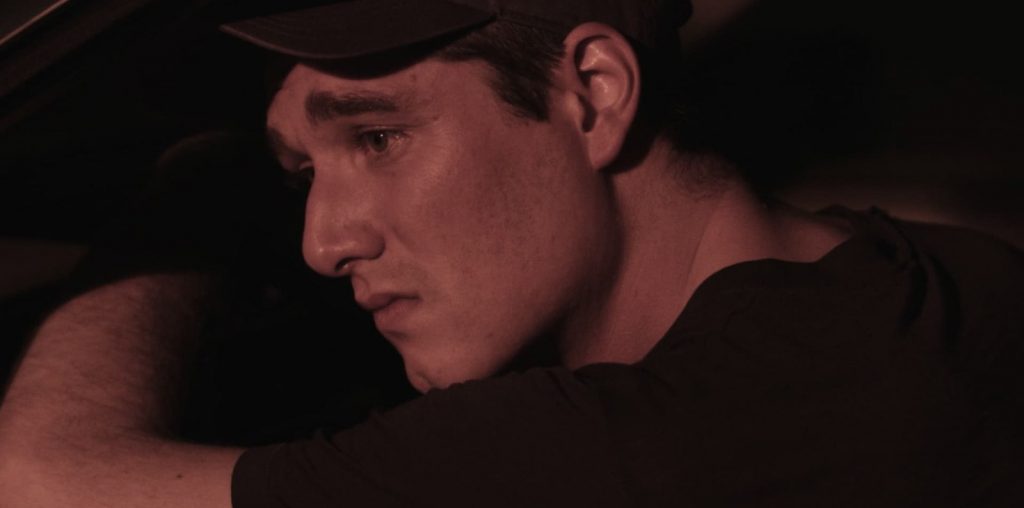
Hi everyone. Welcome to episode four of our Reader Q & A series. Like the previous three installments, the following questions came in from our readers. So, without further ado, let’s start answering some concerns that can benefit indie filmmakers.
Question #1: You say that most independent films lose like 90% or more of their money. Is that really true?
Answer: First and foremost, yes, it’s true. In fact, I’ve met several filmmakers who have lost 100% of their investment. You need to remember that when you make an independent film without consulting distributors about whether or not they’re interested in your film, then you can’t expect those distributors to cut a check for something that may not mesh with their wants and needs. The best combat for avoiding such a predicament is to refuse to make your film until you find a distributor who agrees to release it.
Question #2: How often is it personal when a distributor rejects your film?
Answer: Rejecting your film is usually not personal. Distributors want to make money, and if they think your film affords them the opportunity to do so, then they will distribute it. However, sometimes distributors will sometimes pass because it is personal. This case arises when the distributor weighs the pluses and minuses of dealing with the filmmaker versus how much money the distributor expects to make on the film. If the filmmaker is easy to deal with, the distributor will take the film on as long as they can make a reasonable profit. But, if the filmmaker is inherently difficult, then the distributor must assume a sizable profit is headed their way before they will take the film. In my experience, I’ve found that most filmmakers are wonderful people, but when it comes to the financial expectations of their film, they tend to be unusually unreasonable.
Question #3: I spent every cent I had making my film, but distributors are taking their time getting back to me. Meanwhile, I’m going broke. Is their any way to speed up the process?
Answer: Unless your film wins a one of the four biggest film festivals on the planet (Cannes, Berlin, Toronto, Sundance), or goes viral to the tune of 25 million hits on You Tube, then sadly the answer is “no.” Any film, especially small films void of stars, need a considerable amount of heat on them before any distributors will take notice, much less think about distributing them. Since most indie films are self-financed, I understand the pressures that come along with making them. For example, here’s a “real life movie” that I’ve seen play out far too many times:
1) You make your beloved film on your credit cards.
2) You get overwhelmed because selling your film is taking far longer than originally planned.
3) After months of paying everything on time, you miss a payment on your credit cards, which raises your interest rate to 29.99%. This suddenly makes your credit card payments impossible to keep up with.
4) The situation motivates you even more to get your film distributed, so you meet with several distributors about your film, and for the first time ever, you start to reduce your “asking price” and your demands for the sale.
5) Unfortunately, those distributors give you an “offer” for no up front money, and their sales projection for your film is far lower than what you needed to get out of debt. So, instead of asking them “why”, or ask for their suggestions as to how you can maximize your film’s return, you choose to lash back at them and claim they “just don’t get your film.” A few choice words later, you break off communication with the distributor and hence, burn a bridge.
Sound familiar? The problem with the above scenario is that you ultimately blow your shot to get your film distributed – and sometimes getting distribution is far more valuable than making money. Furthermore, your film sets its own value based on its elements, i.e. the genre, stars attached and budget. So, its lack of value should never be blamed on the distributor. Just remember that filmmaker/distributor relationships are like any other type of relationship; they only work well if both sides take an active part in making it work.
Question #4: Why do distributors lie to filmmakers?
Answer: Distributors often times hide the truth from filmmakers about their film’s value, because if they told the truth about what the film is actually worth, those filmmakers wouldn’t sign with the distributor. Filmmakers love hearing about their pending stardom, so anything that deflates that dream isn’t usually tolerated. This, of course, means that those filmmakers will keep searching for a distributor until they hear what they want to hear about their film.
The problem with the distributors who will blow sunshine up the collective a*s of the filmmakers to get them to sign on the dotted line, is that those distributors are usually charging the filmmakers upfront fees to help with the distribution costs. Thus, those distributors wind up making money off the filmmaker, whether or not the film actually earns dollar one.
Question #5: Every week I read this column, I learn new ways to get f****d. So, let me ask you, are we just f****d?
Answer: One of my goals with “Going Bionic” is to make sure that the only “f*****g” you get is from your loved one. My purpose for sharing the gloomy, back-handed tactics that you will encounter while negotiating the sale and distribution of your film is so that you’ll be “armed and dangerous” during the negotiations. Remember, the only power more powerful than power is information, and having the right information gives you the power you need to keep yourself safe and your film career thriving.
On that note, I thank you once again for lending me your eyes and I look forward to borrowing them again next week. I can be followed at Twitter @Lonelyseal.
The article image is “Letter and mailbox…” via Shutterstock

